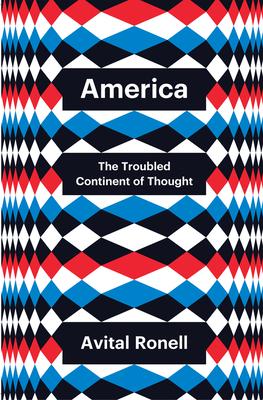
This book provides a mapping of this complex relationship between America and philosophy through a series of examples drawn from a wide range of authors, from Freud and Heidegger to Adorno, Derrida and many others. It also examines the way American thinkers themselves have imported, used and abused philosophical views coming from Europe, often transforming them into something other than what they were. Is then philosophy an anti-American discourse, or America an anti-philosophical country? Or is it, rather, that America provokes philosophy from a place where its own history affirms the impossibilities, paradoxes and contradictions of philosophy itself?
At a time when the syntagm "America" has come to crystallize a certain understanding of the world order, interrogating the place that it occupies in our intellectual tradition is also a way to engage critically with the violence attached to it. "America" is a syntagm for violence, but this violence might very well be different than we thought.
This book provides a mapping of this complex relationship between America and philosophy through a series of examples drawn from a wide range of authors, from Freud and Heidegger to Adorno, Derrida and many others. It also examines the way American thinkers themselves have imported, used and abused philosophical views coming from Europe, often transforming them into something other than what they were. Is then philosophy an anti-American discourse, or America an anti-philosophical country? Or is it, rather, that America provokes philosophy from a place where its own history affirms the impossibilities, paradoxes and contradictions of philosophy itself?
At a time when the syntagm "America" has come to crystallize a certain understanding of the world order, interrogating the place that it occupies in our intellectual tradition is also a way to engage critically with the violence attached to it. "America" is a syntagm for violence, but this violence might very well be different than we thought.
Hardcover
$45.00